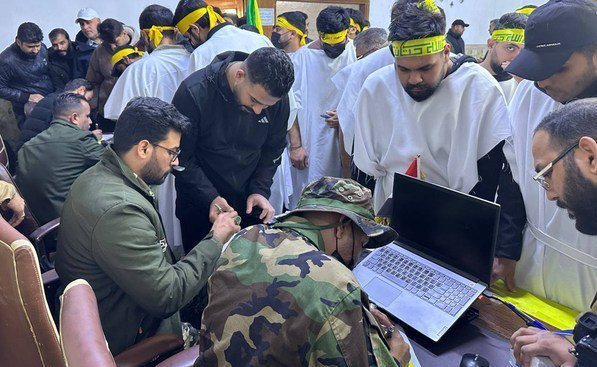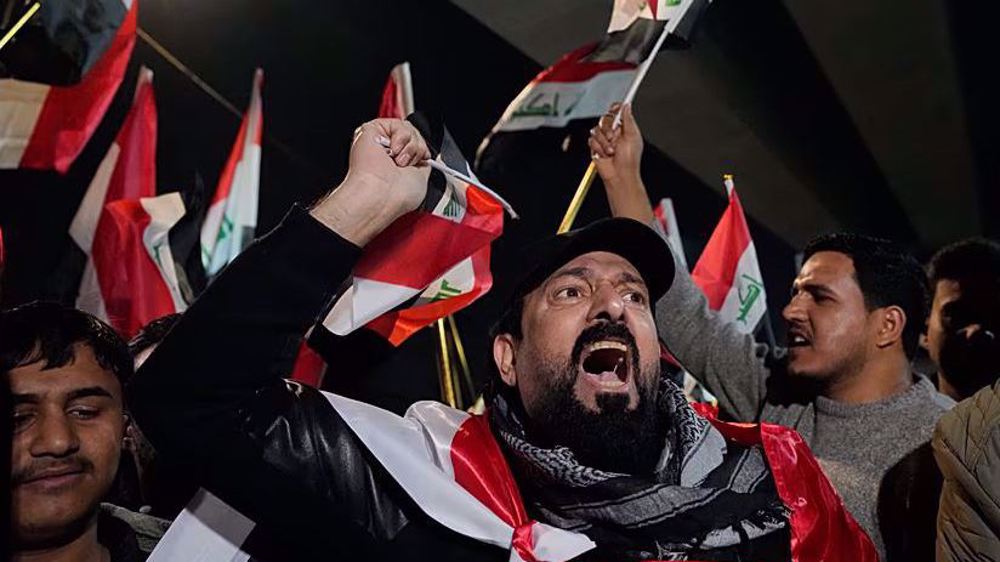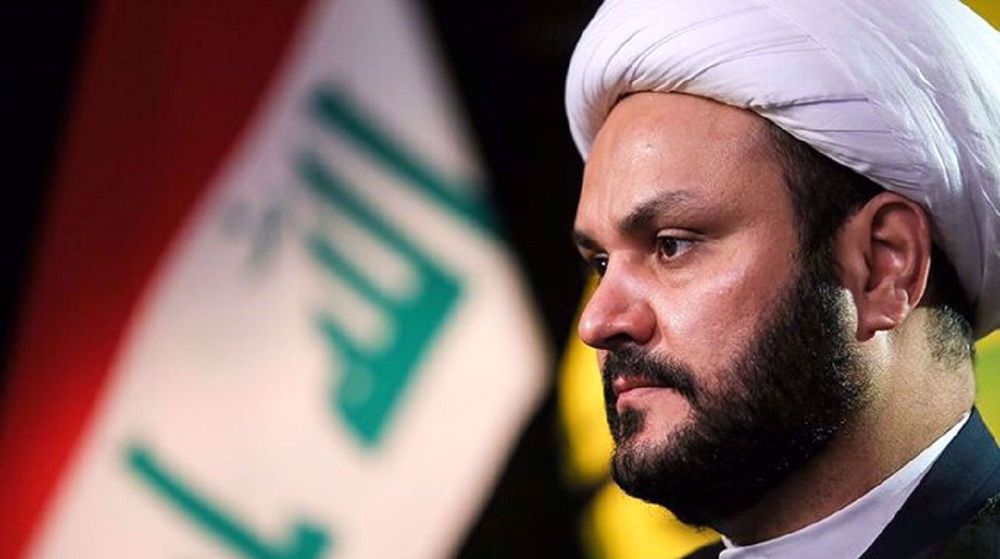Tunnels in Mosul show Daesh preserved artifacts for loot
Tunnels left behind by Daesh terrorists under an ancient mosque in the Iraqi city of Mosul indicate that the militants took care to preserve artifacts for loot, in contrast to their trademark destruction of antiquities.
The terrorists seized the Mosque of Prophet Jonah when they stormed through northern Iraq three years ago and blew it up in July 2014.
The mosque had been built over the reputed burial site of the biblical prophet revered by Jews, Christians and Muslims who know him as Nabi Yunis.
Experts surveying the damage after it was recaptured in January found a network of tunnels dug by the militants, leading down to a 7th century BC Assyrian palace.
According to Musab Mohammed Jassim from the Nineveh Antiquities and Heritage Department, the tunnels showed that a vast range of ancient collectables of the King Esarhaddon palace had been looted.
The careful way the tunnels were dug demonstrated that the militants had sought to keep the treasures intact, the archeologist told Reuters.
“They (Daesh terrorists) used simple tools and chisels to dig the tunnels in order not to damage the artifacts. I believe the digging was carried out according to a plan and knowledge of the palace and its contents as we noticed that digging was close to the walls of the palace," Jassim said.
The efforts to avoid damaging the antiquities contrast with the destruction of ancient sites across Daesh's self-declared caliphate in Syria and Iraq.
The Takfiri group's infamous dynamiting of the desert city of Palmyra in Syria and the Assyrian capital of Nimrud south of the Iraqi city of Mosul shocked the world and drew international condemnation.

The terrorist group often recorded their razing of historical landmarks, portraying it as part of a campaign to erase any cultural history which contravened Takfirism - an extremist ideology which has roots in Saudi Arabia.
According to the United States, the looting and smuggling of artifacts has been a significant source of income for the militants.
Daesh has been leading a campaign of death and destruction in northern and western Iraq since 2014. A significant source of income for the terror outfit is the looting of historical heritage.
Iraqi army soldiers and allied fighters launched an offensive to retake Mosul, Daesh’s last major city stronghold in the country, last October and since then they have made sweeping gains on the battlefield.
Iraqi forces took control of eastern Mosul in January after 100 days of fighting and launched the push in the west on February 19.
‘No two-hour war’: Iran vows immediate retaliation to any attack
Pezeshkian: US must end provocations if it seeks genuine diplomacy
Iran summons German ambassador over Merz’s ‘low-minded’ remarks
Iran's Armed Forces warn EU of ‘consequences’ of IRGC designation
Iran FM: EU’s blacklisting of IRGC a ‘major strategic mistake’
EU blacklists IRGC in legally flawed move irrespective of consequences
VIDEO | Press TV's news headlines
VIDEO | Afghanistan opens first specialized cancer hospital












 This makes it easy to access the Press TV website
This makes it easy to access the Press TV website